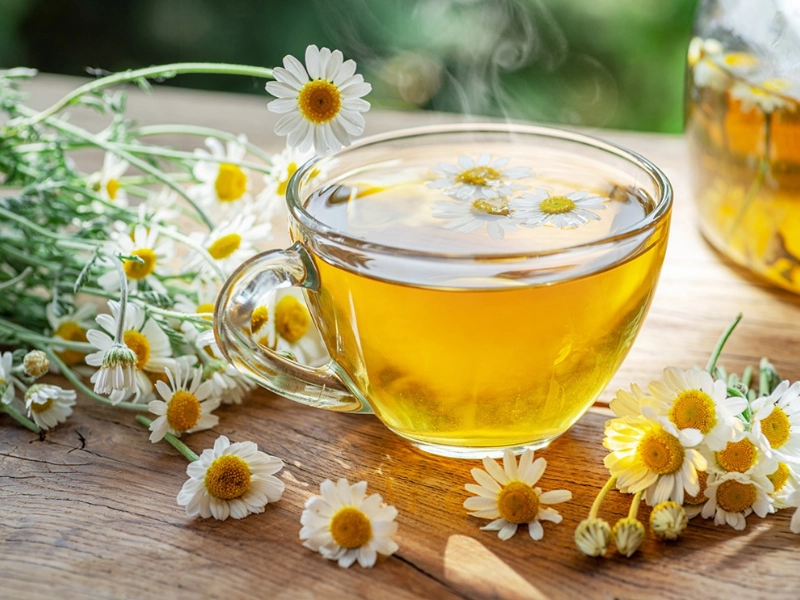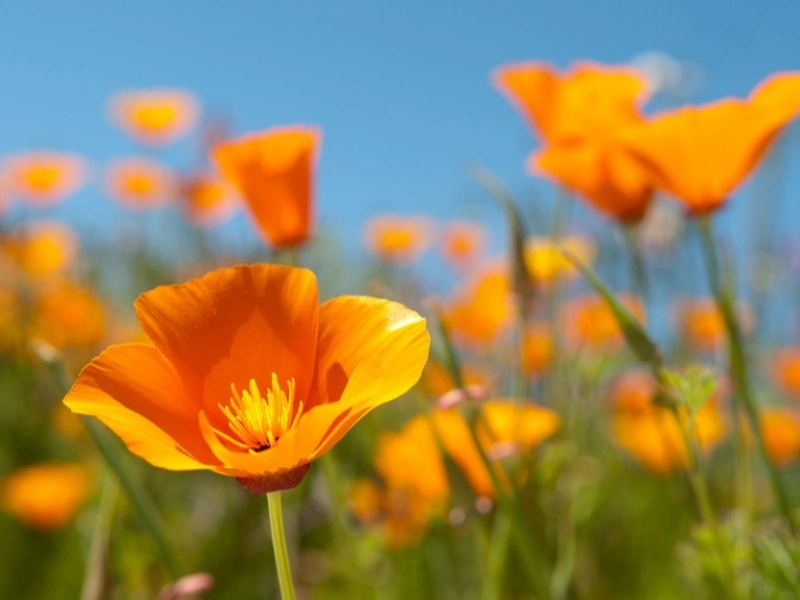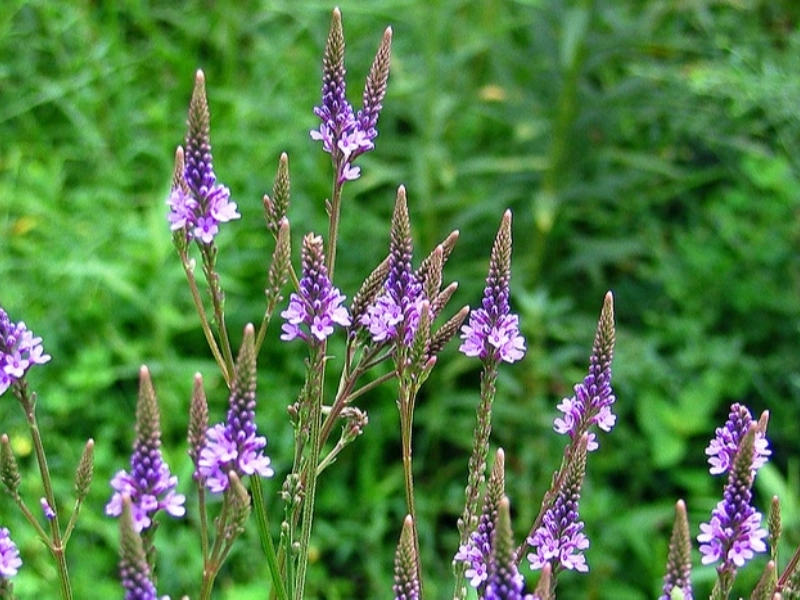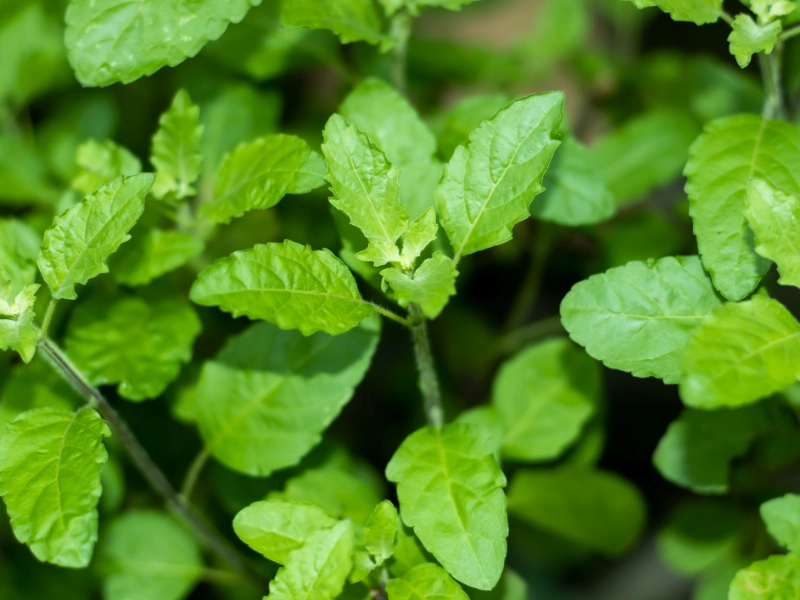By addressing some of the underlying reasons for insomnia, such as stress and worry, herbs help people fall asleep. Tryptophan, which is abundant in many plants, raises serotonin levels and facilitates quicker sleep.
As an adaptogen, holy basil helps the body regulate the primary stress hormone, cortisol. Additionally, it can ease muscle tension and soothe your nerves.

Herbal supplements and blends containing peppermint, lavender, Valerian root, and other herbs may contain chamomile. Finding the ideal mix that works for you is the key to a restful night's sleep.
These kinds of herbs can assist with stress, anxiety, and low serotonin levels—some of the main reasons for insomnia. They can enhance the quality of our sleep by producing more serotonin, a neurotransmitter that helps balance out a chemical imbalance that keeps us from falling and staying asleep through the night. A full and restful sleep is the outcome.

Long-term use of the plant is thought to be safe, although it's essential to stick to the suggested dosage. Overindulging may result in a hangover the following day or a fuzzy mental state. Alcohol should not be consumed with this plant, as it can intensify drowsiness.

It is used in herbal medicine to treat nervous system stress in general, depression, anxiety, and digestive problems, as well as sleeplessness. Moreover, it stimulates the production of nutritious breast milk as a galactagogue.
It can help reduce anxiety and stress and has a calming impact on the brain, making it one of the best herbs for sleep. Due to its affinity for the female physical reproductive system and its softening influence on the wind/tension tissue condition, it connects with Venus in astrology.
It is a nervine that, like Valerian root and Californian poppies, helps quiet the body and mind in order to promote comfortable sleep. Additionally, it lessens pain perception, which is another frequent cause of insomnia. According to a 2020 study that was written up in Basic and Clinical Neuroscience, oral administration of vervain reduced the immobility duration in rats.

Another herb that can promote sleep is ashwagandha. By preventing the breakdown of a neurotransmitter known as GABA, it can accomplish this. This herb has calming properties and enhances sleep onset delay.
The most crucial thing to keep in mind while utilizing herbs is that they are an all-natural means of enhancing your body's sleep-related functions. It's advisable to speak with your doctor before beginning any supplement regimen. Additionally, you ought to read all labels and adhere to the suggested dosage. Make sure you properly dispose of any expired or unused supplements.